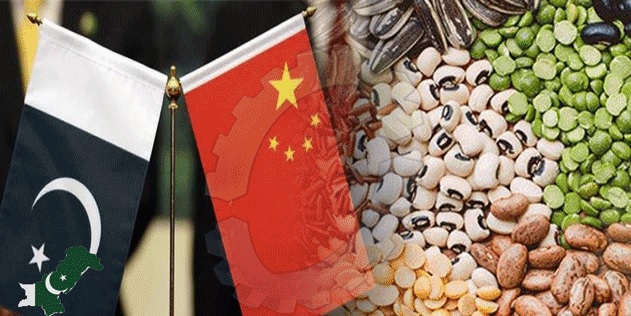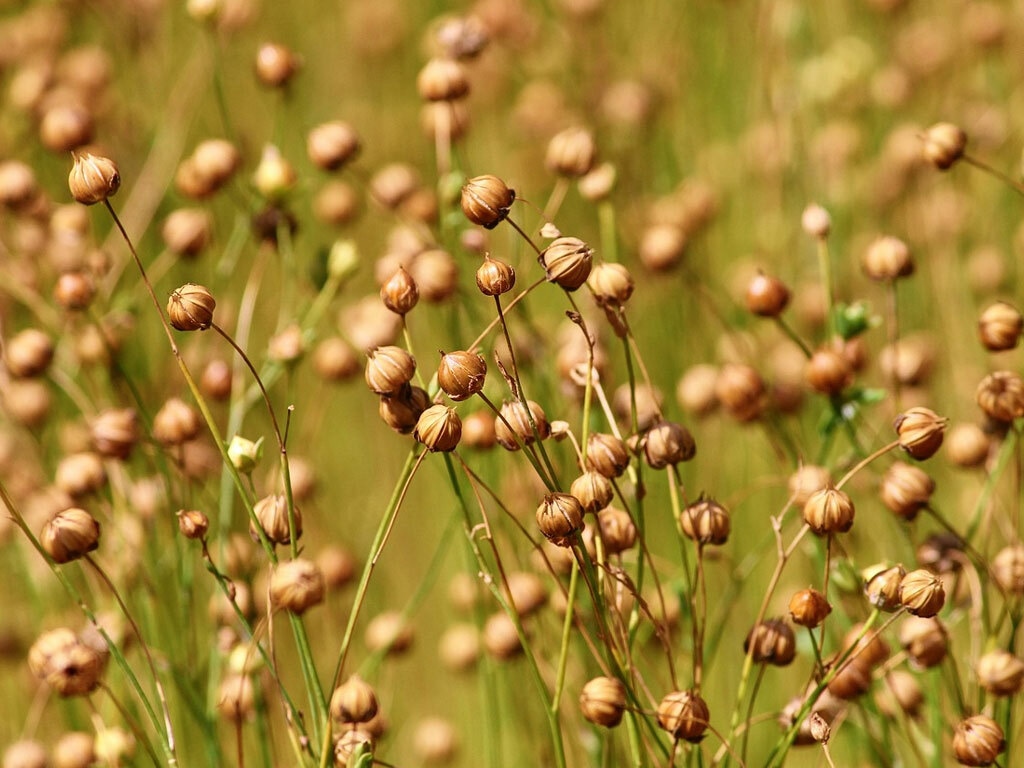ghazi52
PDF THINK TANK: ANALYST

- Joined
- Mar 21, 2007
- Messages
- 103,032
- Reaction score
- 106
- Country
- Location
...,.

The technology, developed by Jianghan University in China, can identify seed kinds at the molecular level and build a DNA database of seeds, assisting owners in better protecting their intellectual property rights and decreasing seed counterfeiting and adulteration.
Zhou Xusheng, the company’s Director of Pakistan Business said that fake, low-quality seeds have been weakening Pakistan’s crop productivity. The validity of seeds will be verified more readily and efficiently using the MNP marker approach, according to China Economic Net (CEN).
For imported germplasm resources, the system can swiftly identify intellectual property owners, differentiate fundamentally derived varieties from counterfeits, and boost seed sector innovation. This MNP technique can be applied to a variety of crops, including potato, sugar cane, rice, maize, soybean, cotton, peanut, millet, and vegetable crops, among others.
Furthermore, it will expedite new variety approval, guide seed development, and promote seed quality and protection, according to Zhou.
BEIJING, Dec 14 (APP): Wuhan Qingfa Hesheng Seed Co. Ltd signed a letter of intent with Pakistan Agricultural Research Council (PARC) this month on promoting MNP marker technology in Pakistan, a method to identify plant varieties.
The method, developed by Jianghan University, China, can identify seed varieties at the molecular level and construct the DNA database of seeds, thus helping better protect owners’ Intellectual Property rights and reducing the counterfeit and adulteration of seeds.
According to Zhou Xusheng, Director of Pakistan Business of the company, fake, low-quality seeds have been undermining Pakistan’s crop production. With MNP marker method, the authenticity of seeds will be detected more easily and efficiently, China Economic Net (CEN) reported.
For imported germ plasm resources, the technology can quickly clarify the intellectual property owners, distinguish essentially derived varieties from counterfeits, and encourage innovation in the seed industry.
This MNP technology can be applied to multiple crops, be it vegetative or generative propagation, such as potato, sugar cane, rice, maize, soybean, cotton, peanut, millet, and vegetable crops etc.
Moreover, according to Zhou, it will facilitate new variety approval, guide seed breeding, and promote seed quality and protection.
Seed ID technology of China to be introduced in Pakistan
December 15, 2022
The technology, developed by Jianghan University in China, can identify seed kinds at the molecular level and build a DNA database of seeds, assisting owners in better protecting their intellectual property rights and decreasing seed counterfeiting and adulteration.
Zhou Xusheng, the company’s Director of Pakistan Business said that fake, low-quality seeds have been weakening Pakistan’s crop productivity. The validity of seeds will be verified more readily and efficiently using the MNP marker approach, according to China Economic Net (CEN).
For imported germplasm resources, the system can swiftly identify intellectual property owners, differentiate fundamentally derived varieties from counterfeits, and boost seed sector innovation. This MNP technique can be applied to a variety of crops, including potato, sugar cane, rice, maize, soybean, cotton, peanut, millet, and vegetable crops, among others.
Furthermore, it will expedite new variety approval, guide seed development, and promote seed quality and protection, according to Zhou.
BEIJING, Dec 14 (APP): Wuhan Qingfa Hesheng Seed Co. Ltd signed a letter of intent with Pakistan Agricultural Research Council (PARC) this month on promoting MNP marker technology in Pakistan, a method to identify plant varieties.
The method, developed by Jianghan University, China, can identify seed varieties at the molecular level and construct the DNA database of seeds, thus helping better protect owners’ Intellectual Property rights and reducing the counterfeit and adulteration of seeds.
According to Zhou Xusheng, Director of Pakistan Business of the company, fake, low-quality seeds have been undermining Pakistan’s crop production. With MNP marker method, the authenticity of seeds will be detected more easily and efficiently, China Economic Net (CEN) reported.
For imported germ plasm resources, the technology can quickly clarify the intellectual property owners, distinguish essentially derived varieties from counterfeits, and encourage innovation in the seed industry.
This MNP technology can be applied to multiple crops, be it vegetative or generative propagation, such as potato, sugar cane, rice, maize, soybean, cotton, peanut, millet, and vegetable crops etc.
Moreover, according to Zhou, it will facilitate new variety approval, guide seed breeding, and promote seed quality and protection.










